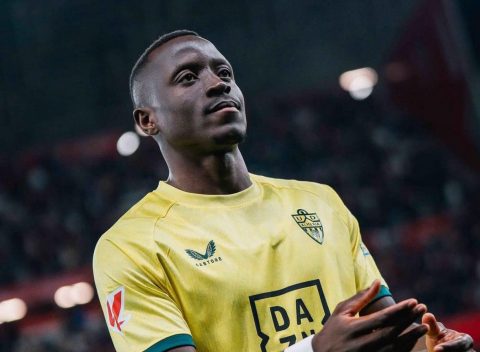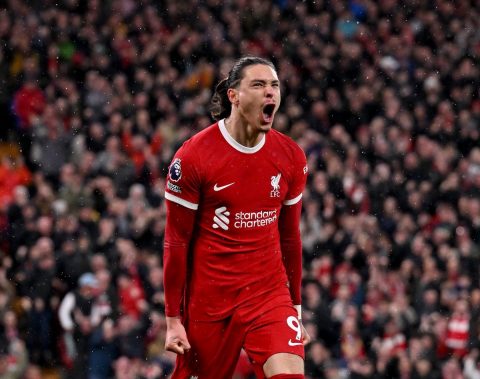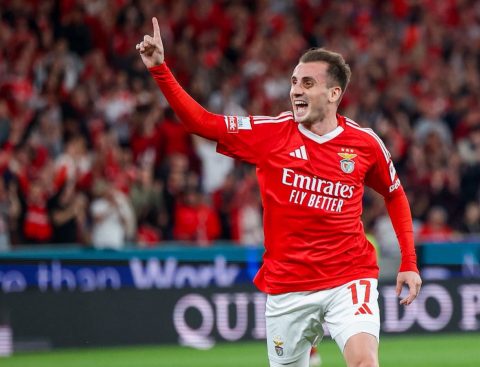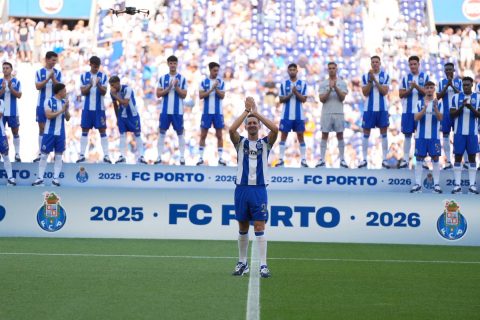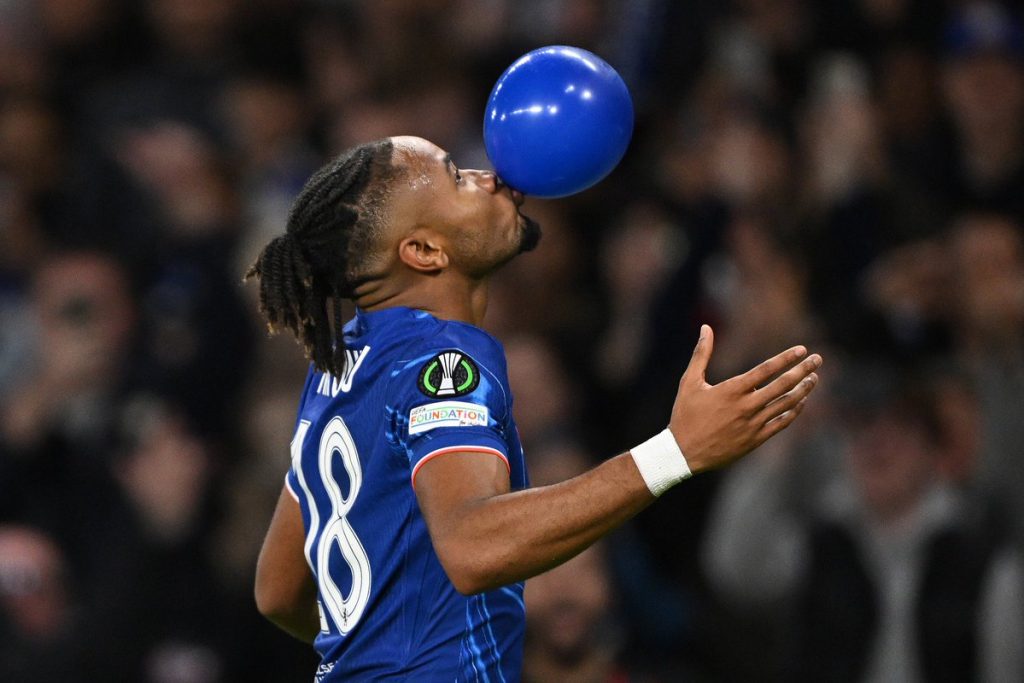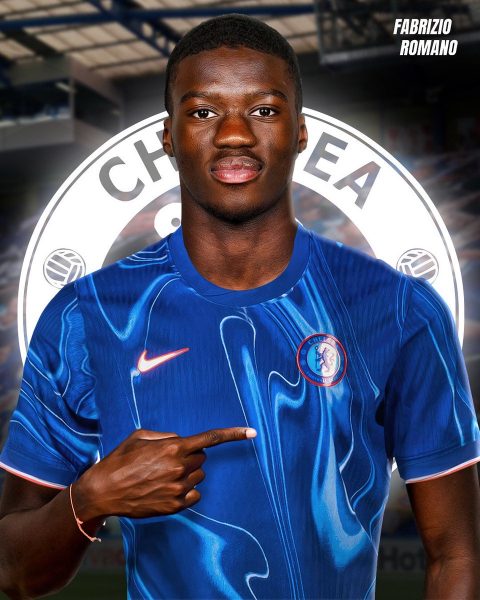Enzo Maresca, the manager of Chelsea, recently made headlines with his candid remarks about player adaptation, specifically mentioning Christo Nkunku. The talented player, who has been pivotal during the pre-season, finds himself in an unconventional role on the pitch—as an unexpected solution to Chelsea’s attacking challenges.
Pre-Season Promise
During the pre-season, Nkunku showcased his talents, quickly emerging as the standout player. Maresca praised Nkunku’s abilities, highlighting his adaptability and skills that often set him apart from his teammates. His performance raised expectations for the Premier League campaign, as Chelsea fans eagerly anticipated his impact.
Adapting to Challenges
Chelsea’s campaign has been riddled with tactical dilemmas, especially in the attacking front. With the need to optimise resources and restructure strategies, Maresca found himself facing tough decisions. Challenged by the absence of a traditional striker, he was compelled to repurpose Nkunku into a forward role.
“I feel shame for Christo Nkunku… because in preseason he was our best player,” Maresca expressed, acknowledging the weight of expectations and his effort to make the best out of a less-than-ideal situation.
Nkunku as a Forward
The transition was far from smooth. Known for his creative flair and playmaking abilities, Nkunku is naturally suited to a more central or wing role. The adaptation to a striker’s position posed a significant challenge. Maresca noted, “We had to adapt players so we moved him to striker knowing that he isn’t a number 9.” The adjustment highlights Chelsea’s broader tactical struggles as they attempt to find balance in their lineup.
Impact on Performance
Despite the unnatural fit, Nkunku’s versatility has allowed him to make contributions to Chelsea’s attack. The ongoing experiment, while not ideal, has shed light on Nkunku’s resilience and adaptability. His performance continues to prove vital in Chelsea’s pursuit of success in the Premier League despite the inconvenience.
Strategic Reflections and Predictions
As Chelsea looks forward, Maresca’s admission reveals broader reflections on the club’s strategic direction. This necessitates flexibility and ingenuity, not only for Nkunku but for his teammates adapting to evolving roles. Such adaptability could be the key to Chelsea’s return to prominence and a potential advantage in the ongoing league campaign.
Looking ahead, the tactical adjustments might also indicate future transfer market considerations. Fans and analysts speculate whether Chelsea will target a natural number 9 in the next transfer window to alleviate the pressure from Nkunku and enhance the team’s attacking dynamism.
The current phase serves as a litmus test for Maresca’s managerial prowess, as he navigates through complexities while extracting the best from his squad. Chelsea supporters remain hopeful that the challenges will ultimately foster growth and lead the club to new heights.
In conclusion, Maresca’s handling of Nkunku’s role reflects a broader narrative of adaptability and resource management in modern football. It raises questions about tactical innovation and the evolving roles players must embrace in today’s game.

